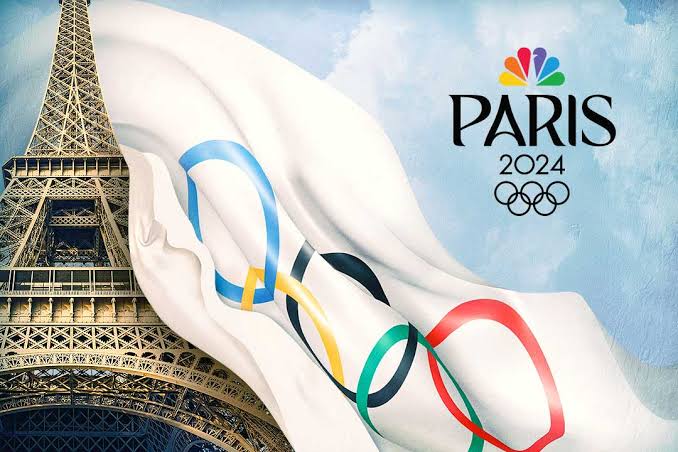As the world prepares for the Paris Olympics scheduled from July 26 to August 11, organizers have made a bold decision to reintroduce intimacy to the Summer Games, signaling a return to pre-pandemic norms. With the Coronavirus pandemic deemed to pose less significant global health risks, the Olympic Village is set to welcome approximately 9,000 athletes, fostering an environment conducive to social interaction and camaraderie.

In a departure from the strict rules imposed during the Tokyo Games, where athletes were subject to stringent protocols to mitigate the spread of COVID-19, Paris Olympics organizers have announced plans to provide approximately 300,000 condoms to participants. This move aims to encourage athletes to engage socially and forge meaningful connections with their peers, enhancing the overall Olympic experience.
Laurent Michaud, the Olympic Village director, emphasized the importance of fostering a convivial atmosphere where athletes can feel enthusiastic and comfortable. “It is very important that the conviviality here is something big,” Michaud stated in an interview with Sky News. He highlighted efforts to create spaces within the village where athletes can unwind and enjoy French specialties, catering to their nutritional needs and performance requirements.
The decision to distribute condoms aligns with a longstanding tradition dating back to the 1988 Seoul Olympics, where organizers began providing condoms to raise awareness of and protect against the AIDS virus. Since then, the distribution of condoms has been an integral part of Olympic preparations, reflecting a commitment to promoting sexual health and well-being among athletes.
While intimacy is once again permitted at the Olympic Games, Michaud clarified that alcohol will not be allowed in the Olympic Village. However, athletes are free to consume alcohol outside the official gastronomic venue, adhering to designated guidelines and regulations.
The allocation of 300,000 condoms for Paris 2024 represents a significant but measured approach compared to previous editions of the Games. At the Rio 2016 Olympics, the International Olympic Committee (IOC) distributed nearly 450,000 condoms, along with 100,000 female condoms and 175,000 bottles of lubricant. This amounted to an average of almost 40 condoms per athlete or delegation member, underscoring the emphasis placed on sexual health and protection.
Despite the reduced quantity compared to previous Games, the provision of condoms remains an important aspect of Olympic planning, reaffirming the organizers’ commitment to promoting holistic well-being among participants. By prioritizing the physical and emotional health of athletes, the Paris Olympics seek to create an inclusive and supportive environment conducive to peak performance and personal fulfillment.
As preparations for the Paris Olympics gather momentum, athletes and organizers alike anticipate an event characterized by camaraderie, sportsmanship, and celebration. With intimacy back on the agenda, participants can look forward to forging meaningful connections and creating lasting memories at the world’s premier sporting event.









Join our Channel...